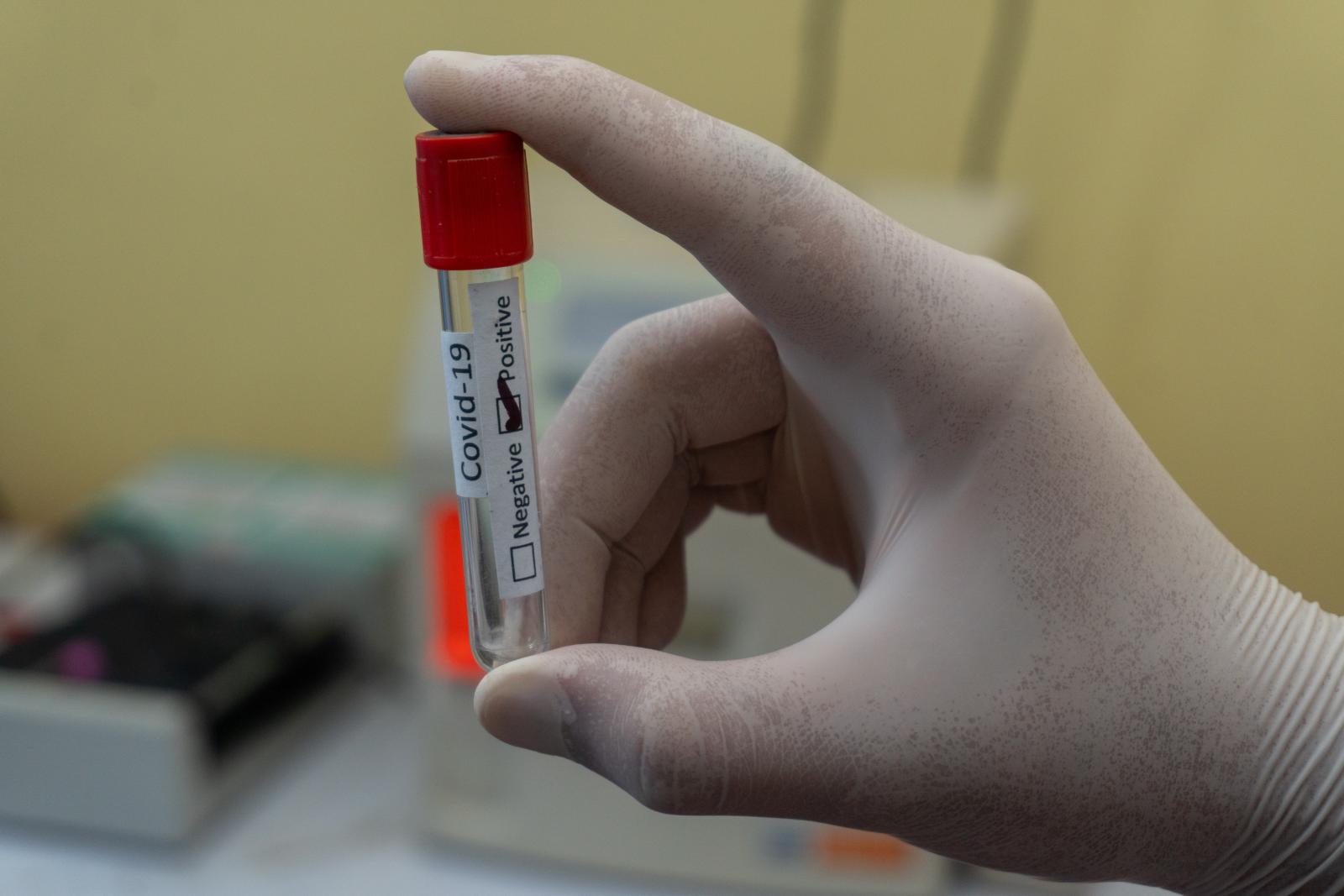Another international scientific award that speaks Italian. Umberto Bottazzini, Full Professor at the University of Milan and Fellow of the American Mathematical Society, was recently awarded the 2015 Whiteman Prize "For His many works in the history of mathematics, notably on the rise of modern mathematics in Italy and on analysis in the 19th and early 20th centuries."
His activity concerning history of mathematics is wide and varied, both as a researcher and as a communicator. We interviewed Professor Bottazzini on what it means to study history of mathematics today and what are the most important paths to be covered. The answer he has given to us is simple: nowadays the history of mathematics should serve first of all to the mathematicians themselves, and to do this it is necessary to especially focus on the mathematics of the last two centuries, which is not yet studied enough.
Although they have been very wide, in fact, Bottazzini's studies have always followed a precise direction: "history must serve primarily to the present, and possibly to the future." An idea that has been translated over the years into the choice to focus on the mathematics developed after the French Revolution, in particular on the history of real and complex analysis. "If you take any book concerning the history of mathematics, you realize it has a 'pyramidal structure' (with very rare exceptions): a wide base devoted to the mathematics in the Antiquity, the works of Euclid, Apollonius and Archimedes. Conversely, as the centuries pass, the pages dedicated to the most recent contributions are always less. I believe that we must reverse the pyramid and investigate what happened in the last centuries, for instance since Napoleonic age.”
Almost the entire production of Bottazzini concerned the nineteenth century, with particular attention to the history of Italian mathematics. This has been the subject of his last book La patria ci vuole eroi. Matematici e vita politica nell’Italia del Risorgimento, written with Pietro Nastasi.
When we asked to him "what is the major work that makes you proud?” Bottazzini answered without hesitation: Hidden Harmony – Geometric Fantasy, written in collaboration with the mathematician Jeremy Grey; a book that describes the history of complex function theory from its origins to 1914. It represents the first history of mathematics devoted to complex function theory, and it draws on a wide range of published and unpublished sources. In additions to an extensive and detailed coverage of the three founders of the subject – Cauchy, Riemann, and Weierstrass – the book looks at the contributions of great mathematicians from D'Alembert to Poincare and from Laplace to Weyl.
“It is important that mathematicians themselves are more interested in the history of their discipline, and in my opinion this interest has decreased substantially in recent years. There are a little more philosophers who care about this topic, but they are certainly less than a few years ago, although there are some oasis where research in this field is still carried out brilliantly, as the Florentine school, for instance. In addition, the relationships between philosophers, logicians and mathematicians are not very frequent, and, as a consequence, some arguments like for example the so-called 'question of the foundations' are studied less than a few years ago.”
To conclude, the message that we received talking with Bottazzini is therefore clear: much has already been said, now is the time to investigate what has not been studied yet. It is the time to illuminate the dark corners. "I do not know on what I will work in the future. I have not decided yet what I will do as an adult," jokes Bottazzini. "For now, apart from some books in progress, there are two tentative lines of research that I intend to follow: the first is the biography of Enriques as an intellectual of the last century. This would be a natural continuation of the book on Italian mathematicians in XIX century. The second one would be devoted to scientific revolutions, by wondering, before all, what they are and if there really occurred in mathematics. Shortly, to pick up the thread drawn from Thomas Kuhn, and wonder if these categories are still founded today.”


